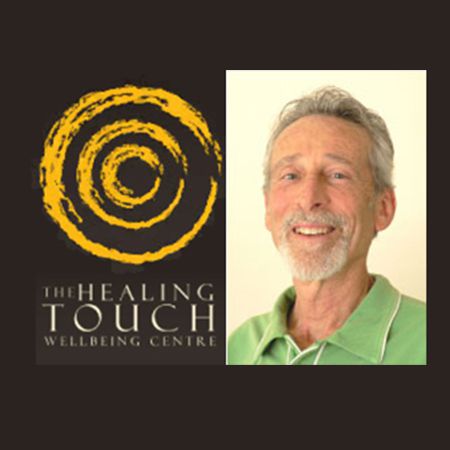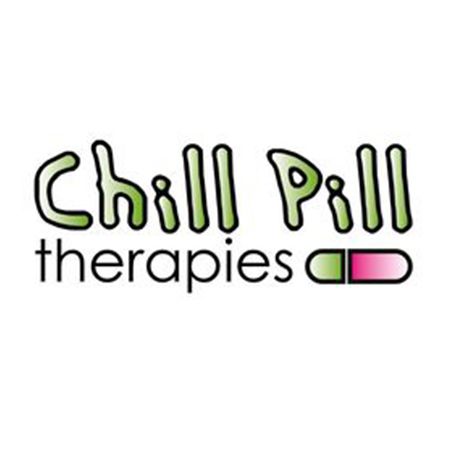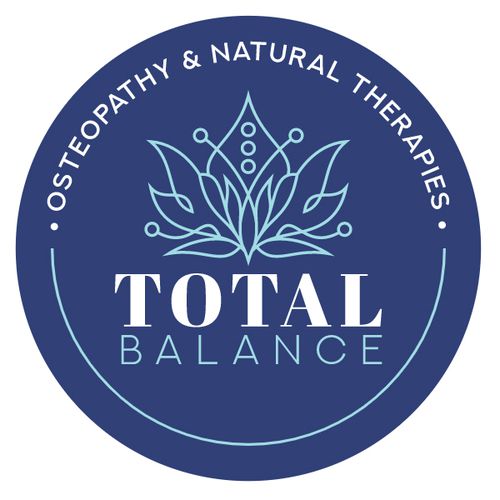
Good mental health can be defined as a balanced, healthy approach to life that is reflected in ones attitude. Physiological, psychological, environmental and genetic factors also have a profound effect on the development of ones mental health. Repressed traumas, chronic stress, physical illness, childhood and hereditary issues may cause poor mental health. Massage therapy has been used for centuries to help individuals overcome some of these problems. Read on to find out more.
How Regular Massage Biochemically Benefits Us
Symptoms of stress, anxiety and depression (all diseases of poor mental health) may be alleviated in massage therapy. In treating pain-causing injuries, physical illness and the individual as a whole, mental health can be restored with the healing touch of massage. Through touch, massage pushes down on nerve cell receptors under the skin, activating the nervous system and stimulating the release of mood-enhancing chemicals such as dopamine or serotonin. Massage also generates a calming effect through the stimulation of the parasympathetic nervous system, and reduces the stress hormones cortisol and adrenaline. Massage also stimulates the release of natural endorphins, creating a natural high and relieving the body of any pain. Brain activity is also altered, as it increases the alpha brain waves present in a state of relaxation. Individuals are likely to also experience a stabilization of blood sugar, increased immunity and improved lung function from massage therapy.
Massaging for Anxiety & Depression
Anxiety could be described as a perpetual state of fear experienced when encountering everyday tasks and events. It may simply be part of one’s personality, or potentially instead their genetic, biochemical make up. Scientific research has shown that massage can reduce our anxiety levels. Those suffering from chronic anxiety disorders, muscle tension and pain, that did not respond to all medications available, did respond after several sessions of massage. Biochemically, massage was found to decrease cortisol and noradrenalin levels in the bloodstream of these individuals, both of which are usually high in times of stress. Depression has also been linked by science with low serotonin levels in the brain. As discussed, massage stimulates the release of serotonin in the body, creating feelings of well being and happiness. Recent studies have concluded that whilst this link is obvious, massage only treats the symptoms of Depression (does not cure), helping sufferers to cope better with the disease and lead a more fulfilling life.
Benefits of Massage for Mental Health
Symptoms of the following mental health conditions may be alleviated with massage therapy:
- Chronic Stress
- Anxiety disorder
- Depression
- Insomnia
- Eating Disorders
- Other feelings massage may help you overcome include:
- Paranoia
- Feelings of doom and gloom
- Fear
- Powerlessness
- Stress
- Anger
- Shyness
- Rage
- Worthlessness
- Feeling like one is without purpose
- Addiction (Smoker)
- Laziness
- Pessimism
- Suicidal thoughts
- Obsessiveness
- Depleted energy levels
- Delusions of Grandeur
- Distrust
- Extremism
- Jealousy and envy
Other positive mental emotions you may experience after a massage include:
- Clarity of mind
- Increased energy
- Decreased stress levels
- Increased creativity
- Increased rational thinking
- Increased body awareness and general consciousness.
- Blissful, mental state
- A new sense of purpose
- A great sense of personal satisfaction and achievement
- New hope
- Relaxed state
- Greater self-respect
If you suffer from mental health issues, it is always good to check with your doctor to confirm it is ok for you to undergo massage therapy as some conditions, such as epilepsy, may be induced with massage.
Originally published on Jul 02, 2010








